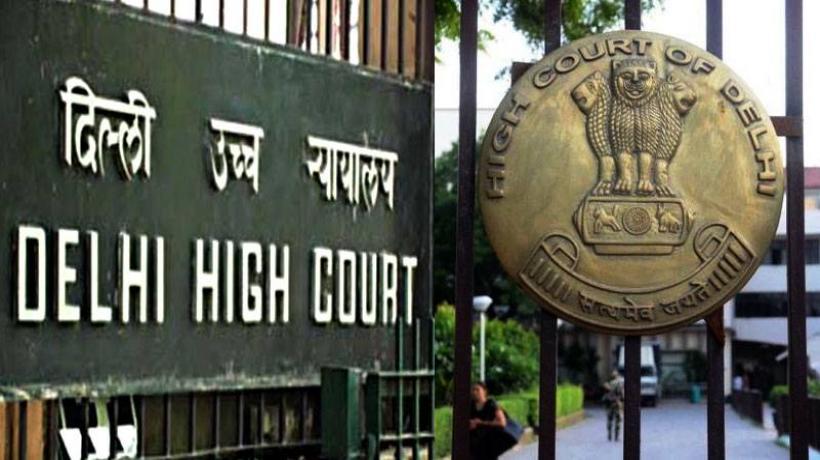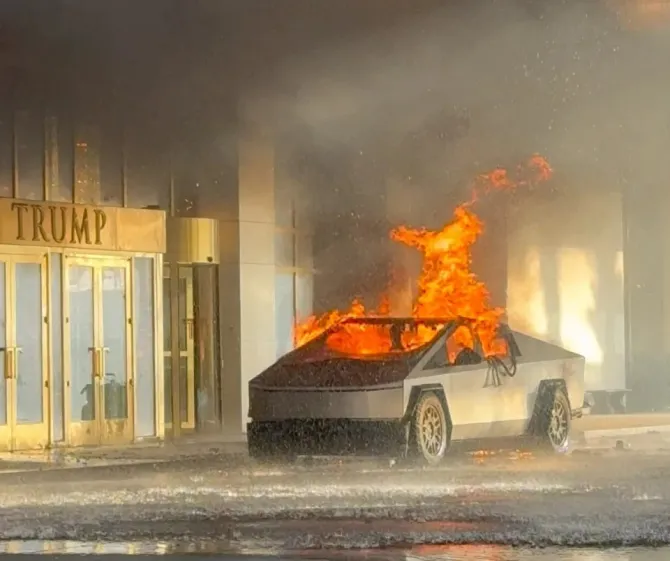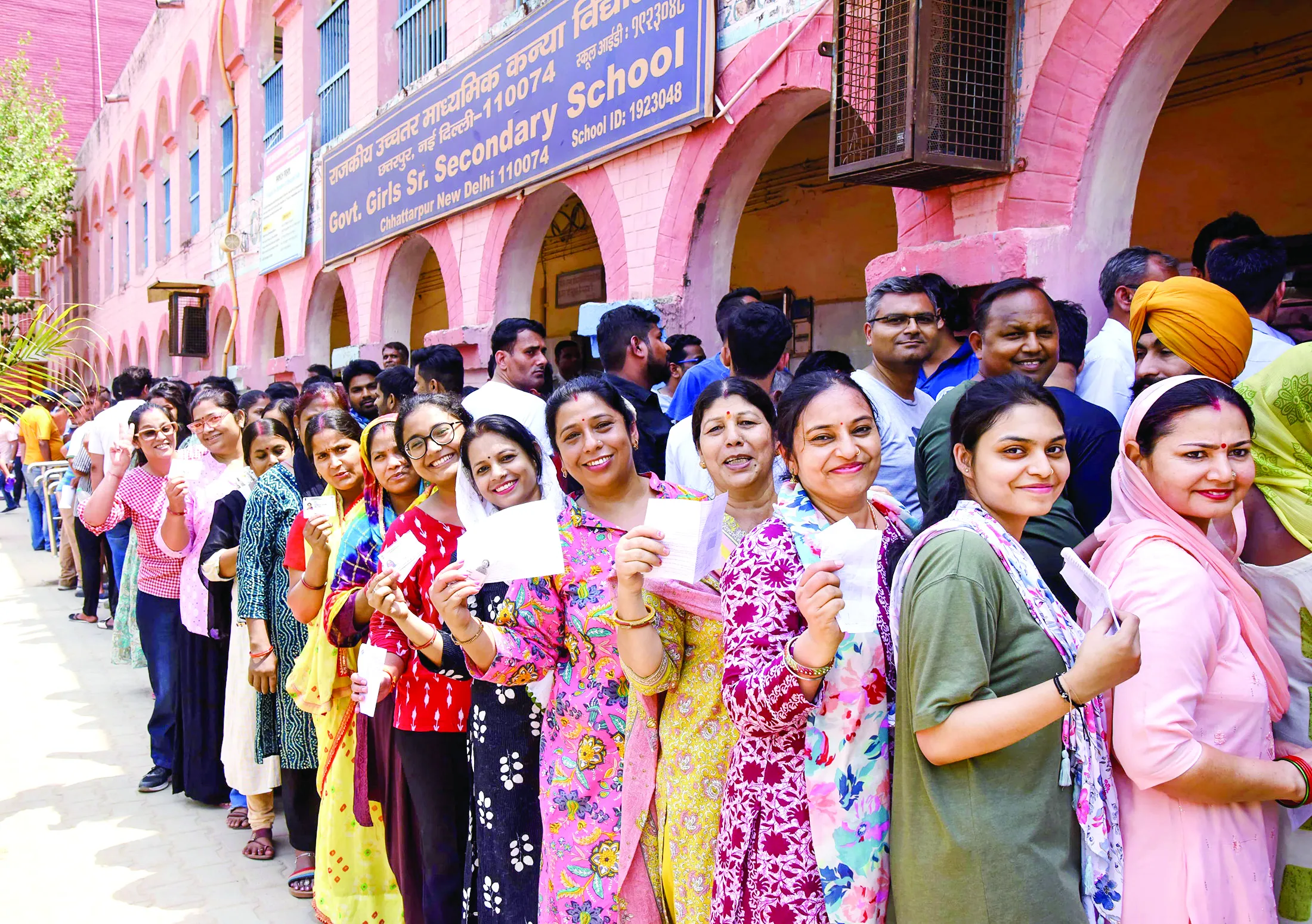The Delhi High Court in the case Anjuri Kumari v. The State Govt. Of NCT Of Delhi and Ors observed and has stated that the direction for investigation as stated under section 156(3) of the Code of Criminal Procedure, CrPC cannot be issued by a Magistrate mechanically and must be given only after application of mind.
The bench headed by Justice Rajnish Bhatnagar in the case observed and has stated that the Magistrate is not bound to direct investigation by the police even if all allegations made in the complaint disclose ingredients of a cognizable offence.
The court while considering the facts and circumstances of the case stated that the Magistrate may take the decision that the complainant can prove the facts alleged in the complaint without the assistance of the police. Thus, the Magistrate may proceed with the complaint as stated under Section 200 of the Code and examine witnesses produced by the complainant and the Magistrate in the case ought to direct investigation by the police if the evidence is required to be collected with the assistance of the police.
The court stated that section 156(3) of CrPC grants power to any Magistrate empowered under Section 190 to order an investigation to be conducted by the police.
The bench headed by Justice Bhatnagar in the case observed while dealing with the plea moved by a man wherein seeking the registration of FIR by the Delhi Police against his neighbours. Thus, it being the case of him that he was cheated by the accused persons. The Metropolitan Magistrate in the case observed and has refused to direct in investigation in the case and rejected the application moved by the petitioner.
The session judge upheld the order in session judge.
The bench headed by Justice Bhatnagar in the case observed and has opined that all the facts and evidence were within the knowledge of the petitioner, which he can adduce during inquiry conducted by the Metropolitan Magistrate under Section 200 of CrPC.
Therefore, the said court is of the view that no special case has been made out for this Court to exercise its extraordinary jurisdiction under Section 482 of the Codr of Criminal Procedure, CrPC or as stated under Article 226 of the Constitution of India. Thus, there can be no miscarriage of justice or illegality in the approach adopted by the two courts below nor any such has been pointed by the petitioner.
The counsel, Advocate Jai Subhash Thakur appeared for the petitioner.
The counsel, Standing Counsel Sanjay Lao with Advocates Priyam Aggarwal, Shivesh Kaushik and Abhin av Kumar Arya represented the respondent.
















